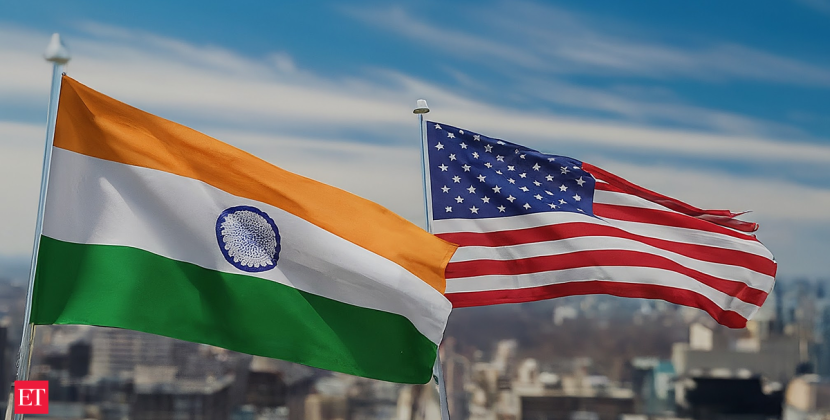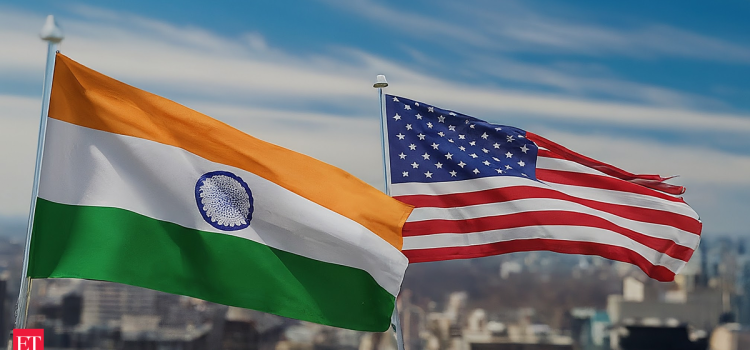
Union Commerce and Industry Minister Piyush Goyal’s firm remarks on Saturday, following the conclusion of this latest round, make it unequivocally clear that India will not be rushed or coerced into finalizing a trade deal that does not align with its national interests. Speaking at a function hosted by ASSOCHAM (Associated Chambers of Commerce and Industry of India), Goyal asserted, “If India gets a good trade deal, we will go ahead with it. If not, we won’t. India always keeps the country’s interest first.”
Strategic patience over speed
This declaration reiterates a central theme that has characterized India’s approach under the current administration: strategic patience over external pressure. Earlier this month, on July 5, Goyal had emphasized that India negotiates from a “position of strength,” not according to imposed deadlines, a clear response to the July 9 timeline previously set by US President Donald Trump, which was later pushed to August 1. Goyal’s consistent messaging suggests India is uninterested in symbolic or hurried agreements driven by political timelines in Washington.
This approach is particularly significant in the current global trade environment, where developed economies, including the US, are looking to restructure key trade relationships in the wake of changing geopolitical dynamics and economic realignments post-COVID and amid ongoing global supply chain shifts.
India’s posture underscores its growing economic self-assurance. While the US seeks deeper market access in areas such as agriculture, digital trade, intellectual property rights and medical devices, India is focused on securing greater access for its IT services, textiles and pharmaceuticals, while protecting sensitive sectors like agriculture and dairy from potential disruption.
In line with this, India’s trade negotiators have reportedly resisted US attempts to extract concessions in sectors where India remains cautious, particularly on agriculture and dairy. By refusing to compromise prematurely, India appears to be echoing its broader trade philosophy which is balancing globalization with the protection of domestic industry and livelihoods. Goyal’s recent remarks further reinforce this narrative, portraying a government that remains keen to avoid repeating past mistakes of asymmetrical agreements.
“No negotiation through media”
Adding to his resolute tone, Goyal also took a swipe at attempts to influence public opinion during sensitive negotiations. “I’ve already mentioned that we don’t negotiate through media, we negotiate in the negotiating room. Talks are ongoing, and once the team is back, we will get feedback on the response and the progress,” he told reporters, highlighting New Delhi’s disciplined and professional handling of the talks. This was likely in response to leaked or unofficial reports attempting to project the US as driving progress while India remains hesitant.This statement can be interpreted as a subtle critique of Washington’s pressure tactics, including setting public deadlines and possibly shaping narratives through the media. India’s choice to avoid reactive diplomacy and instead stick to official channels is consistent with its desire to maintain autonomy and dignity in international dealings.
What lies ahead
While the fifth round of talks has concluded, both sides seem to have left the door open. India is expected to analyze the outcomes internally and recalibrate its strategy accordingly. Yet, what is increasingly clear is that India is not desperate for a deal. As Minister Goyal’s statements suggest, the current government is not interested in optics but in substance, a fair and mutually beneficial agreement.
In a world increasingly shaped by economic nationalism and realpolitik, India’s measured and self-assured stance may set a template for other emerging economies negotiating with larger powers. By refusing to blink in the face of deadlines and media narratives, India is not just negotiating a trade deal, but reaffirming its position as a sovereign and assertive player in the global economic order.
India’s response after the fifth round of the India-US BTA talks reflects a firm, principle-driven approach to trade negotiations. Minister Goyal’s reiteration that “India always keeps the country’s interest first” is not just rhetoric but a policy stance backed by a clear track record. Whether or not a deal is signed by August 1, India’s message is clear: deals will be made on its terms, not under pressure.











